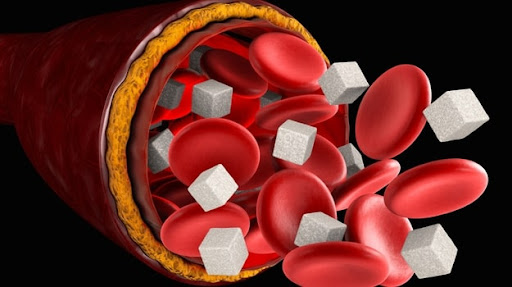
Diabetes, both types I and II, is a chronic health issue affecting millions worldwide, leading to increased blood sugar levels. The quest for efficacious treatments for these conditions is ongoing, with advancements varying from lifestyle alterations to innovative medical interventions.
A significant development in this area is Continuous Glucose Monitoring (CGM) systems. These systems offer real-time updates on blood glucose levels, providing a comprehensive perspective on daily blood sugar fluctuation. Such devices are crucial in proactive diabetes management as they prompt timely modifications in medication, diet, and physical activity, minimizing the risk of hypo and hyperglycemia episodes.
In recent times, there has been a substantial shift in diabetes treatment methods, thanks to significant progress in medical science and technology. These innovative approaches, known as Novel Therapies, open avenues for more effective and efficient diabetes management.
Traditional methods of managing diabetes primarily focused on regulating blood sugar levels through a combination of medication, dietary changes, and regular physical exercise. These methods also emphasized a diet with controlled carbohydrate intake and increased physical activity to boost insulin sensitivity. In some instances, these methods also involved the use of specific herbs for their potential benefits, a topic that will be elaborated on in future articles.
Bariatric surgery, a procedure initially used exclusively for managing obesity, is now recognized as an effective treatment for type 2 diabetes in specific cases. Surgical procedures such as gastric bypass and sleeve gastrectomy have shown potential in inducing remission of diabetes. They achieve this by altering gut hormone signaling and enhancing insulin sensitivity.
Precision Medicine is another promising approach in the field of diabetes management. This involves creating personalized treatment plans based on a patient’s unique genetic makeup, metabolic profile, and lifestyle. Genetic testing and molecular profiling play a crucial role in this process, helping healthcare providers identify factors that predispose an individual to diabetes and customize treatments accordingly for better outcomes.
Lastly, advancements in Insulin Pump Therapy have revolutionized insulin delivery. Modern insulin pumps have evolved to provide more accurate and convenient insulin administration. They utilize advanced algorithms and automated features to ensure precise dosing, offering superior blood sugar control compared to traditional injection methods.